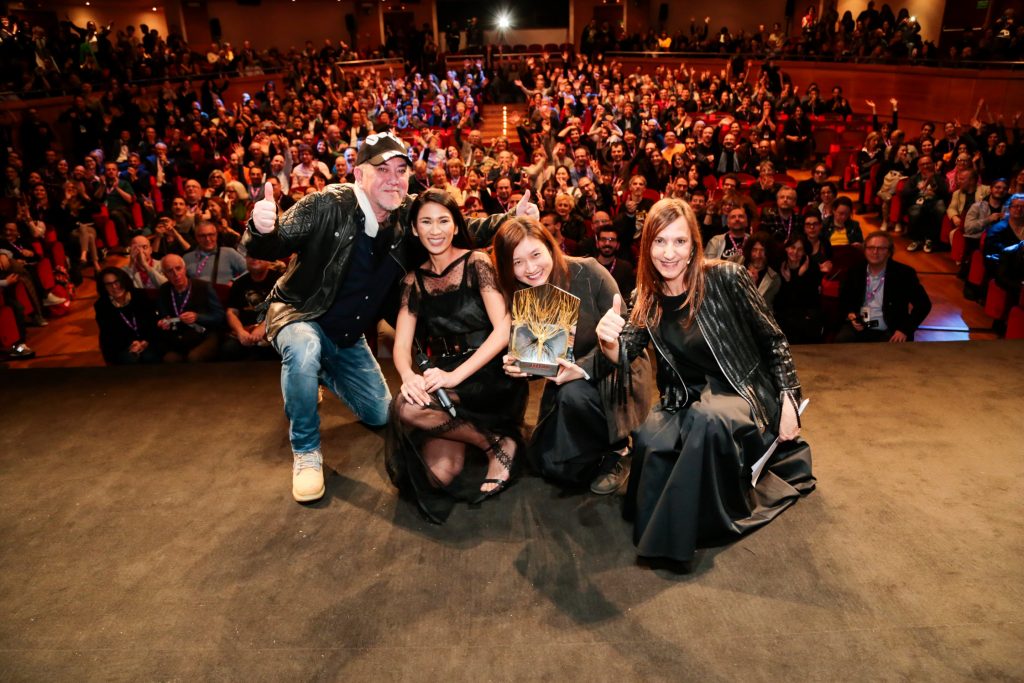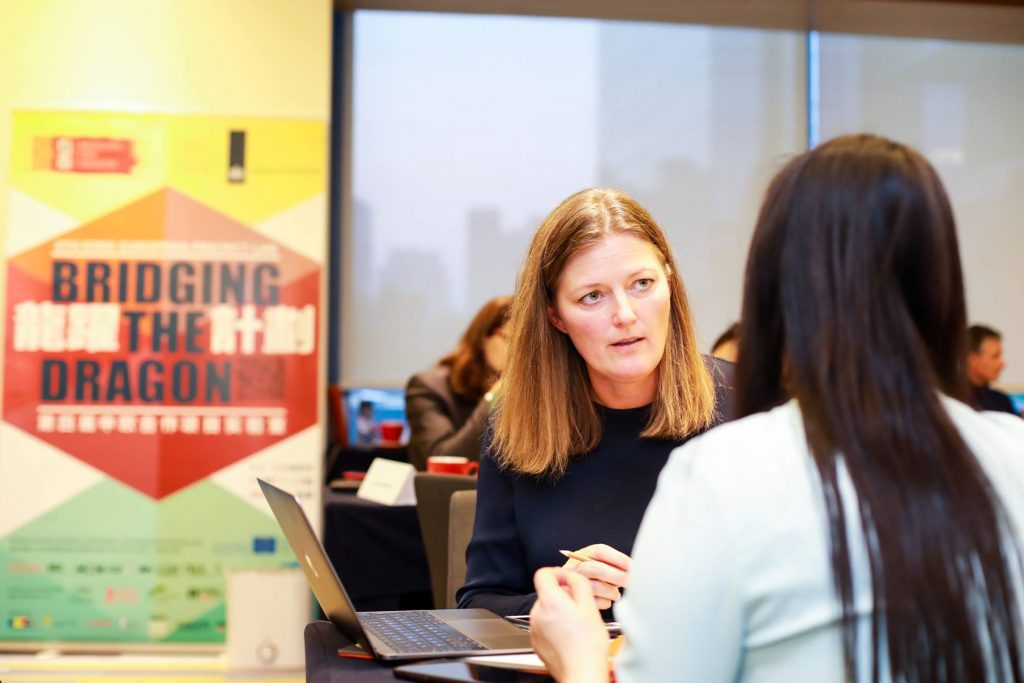For 21 editions now the Far East Film Festival – tucked away in the city of Udine in far northern Italy – has been providing a link between commercial Asian cinema and the West.
This past edition- which ended on May 4 – was again a case in point, showcasing 77 films from 13 countries and regions. In recent years, FEFF has expanded its ambition, hosting two concurrent events which aim to further the efforts of filmmakers from both sides of the globe.
The Ties That Bind programme is an Asia-Europe co-production workshop bringing together Asian and European professionals in the development of film projects, while Focus Asia is the festival’s market.
For the guests who attended this year’s Ties That Bind, there was insight provided into the expanding nature of festivals which screen Asian films, and in the nature of contemporary Asian independent film in general, by two industry heavyweights who have long championed the causes of both those communities.
Roger Garcia, up until last November head of the Hong Kong International Film Festival (HKIFF) and director of the Hong Kong-Asian Film Financing Forum (HAF), was joined by Marco Muller, currently the artistic director of Pingyao Film Festival in China, and formerly head of the likes of the international festivals in Venice and Rotterdam.
Together they share an encyclopedic knowledge of industry trends both past and present – and of the current circumstances of the film industry in China.
Increased awareness of the world of independent films across the past decade has contributed to a significant yearly increase in the number of film festivals in mainland China and the number of films from China that have been screened at festivals overseas. On average, the major Chinese film festival screen around 350 films.
Meanwhile, regulations regarding the screening of Chinese films at festivals have become stricter – all domestic Chinese productions require two certificates from the government before they are officially allowed to screen.
“The market and demand in mainland China and Hong Kong has changed rapidly,” explained Garcia. “For instance, Hong Kong produced films have seen a significant drop in recent decades … [there were] only 60 titles last year. Meanwhile, the mainland is more productive than ever, and the total amount of films that are released has dramatically increased.”
Independent films are frequently labeled as those with a lower budget, said Garcia.
“Currently, the Chinese market is driven by those with special effects. The space for arthouse movie is rather less,” he said. “The co-production market tends to gain more European producers for Asian projects. However, frequently, most of the low budget films find it hard to be released. Most of the time would be a festival film, which has limited screening possibilities.”
In-depth observation of sales for productions from China shows a decline in demand in the past 12 months. Back in 2017 in Cannes, there was record demand for both foreign films and film deals from the Chinese market. While continually trying to adapt to Chinese domestic regulations, the market for such productions has cooled.
“Many Western industry professionals are always curious about how to release films in mainland China,” said Muller. “While the truth is, not all films would be released on the big screen even after deals are made. Due to the strict importing regulations, it is not easy, and quite expensive for Chinese distributors to release foreign films. Successfully released non-English language films frequently require English dubbing so they can be successfully marketed.”
Video on demand (VOD) platforms was an option for distribution but was still evolving, as was the taste of the massive Chinese film market, now second only to North America in terms of box office receipts.
General Chinese film genre preferences – mostly made up of romance, comedy, thrillers, and crime – were growing, the pair agreed.
This notion was supported by the Chinese language films being worked out through the Focus Asia programme. One example of this was The Alaya: Mind Divers, the Taiwanese production project.
“Udine is the first festival that we have attended to pitch this project. It’s a well-organized and friendly festival. We enjoyed the Italian hospitality. We understand it’s not easy to achieve a co-production project between Asian and Europe. It requests a lot of effort and human resources. Therefore, the high quality of the film could be expected,” producer Ivy Y.H. Chiang, from Sky Limit Picture Co, said. “The budget of our title is pretty high. We are aware of the challenges in scriptwriting, shooting, and post-production process. We hope we could keep in touch with the companies that we met during the festival.
“For the in-development projects, many difficulties exist behind the scene. Only till the moment when the DCP has been made, the film actually exists. Hence, we really appreciate the chance and the platform that Udine provided.”
Jane R. Yao attended the Far East Film Festival’s Campus programme which promotes cultural exchanges and shared education between young writers from Asia and Europe.








